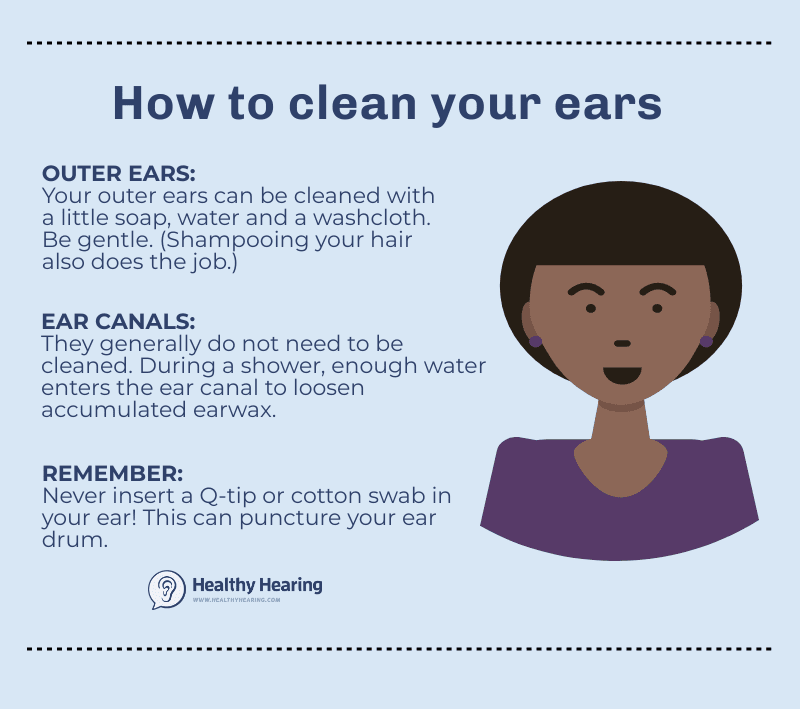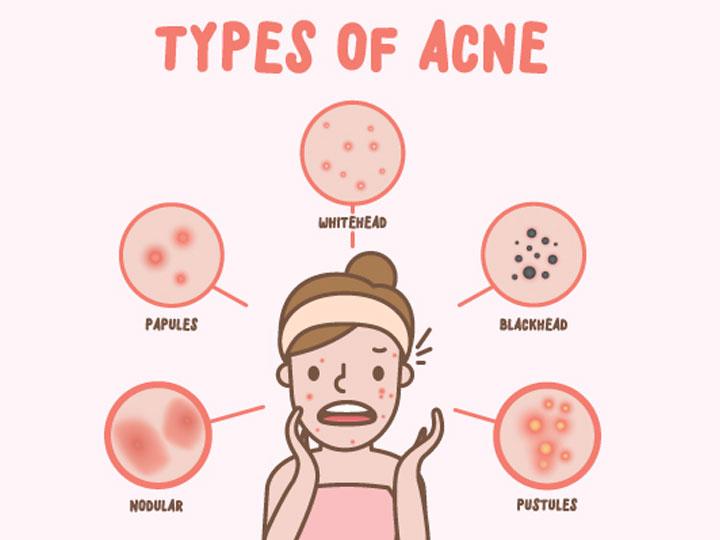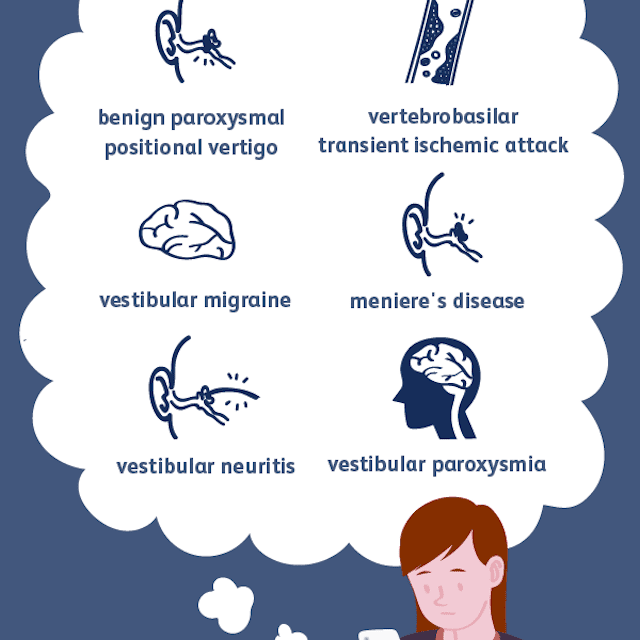
As soon as you are diagnosed with Sars disease, the first thing you will want to do is to get your flu shots
In the event that you are not vaccinated against this deadly virus, you can expect a number of complications to follow, including pneumonia and lung failure.
When it comes to treating the virus, you will have a variety of options. The type of treatment that is most effective for you depends on what stage of the disease you are in. Once you are diagnosed with Sars, you should immediately start to look at treatment options.
There are a number of common treatments available, so it is a good idea to talk to your doctor about these options. Commonly used treatments include antibiotics, antiviral medications, or surgery. The choice of which type of treatment to use will depend on the stage of Sars disease you are in.
Antibiotics are often prescribed to treat the virus. They are very effective at treating the symptoms and preventing further outbreaks of the virus. The drugs are commonly prescribed to help reduce the amount of mucus that is present in the nose and throat, and they can be quite effective at reducing inflammation and other symptoms of Sars.
Other antiviral medications are used to reduce inflammation in the lungs. These medications can help relieve the discomfort of pneumonia, but they cannot cure the virus. These medications will only help the symptoms, and they will not cure the virus.
Surgery is another option for treating Sars. The surgery will help to reduce the size and inflammation of the respiratory tract. However, it cannot prevent the virus from spreading into the blood stream, so it will not be able to cause death. Surgery is sometimes an option if your doctor has determined that you have been diagnosed with advanced stages of the virus.
Surgical procedures may be a bit more expensive than other types of treatments. However, many people choose to go through the surgery because it is a lot less invasive, and it can often prevent the spread of the virus to other parts of the body.
It is important to remember that when you are diagnosed with Sars, the treatment options for your condition are nearly limitless. You must do your best to avoid the spread of this virus. wash your hands frequently, avoid direct contact with people who may have sars, and use environmental protection such as masks for the mouth, nose, eyes, and mouth.
There are a few more things you can do to prevent the spread of the Sars virus. The best advice is to always stay as healthy as possible by exercising regularly, eating a balanced diet and avoiding stress.
If you have a sore throat or fever, seek medical attention as soon as possible. If you suspect you have a cold or flu, seek immediate medical attention.
Treatment options for sore throat with Sars is very similar to a cold or flu. It is very important to avoid colds as much as possible because the virus spreads easily from person to person.
Most people who get throat infections also have a fever. If you have a fever for more than seven days, you should seek immediate medical attention and then see a doctor. Fever can also be a sign of a more serious problem, such as pneumonia or even meningitis.
It is important to seek treatment early in the infection because there are ways to control and eliminate the Sars virus from your body. When you notice a fever or sore throat, it's important to see your doctor or healthcare provider as soon as possible.





